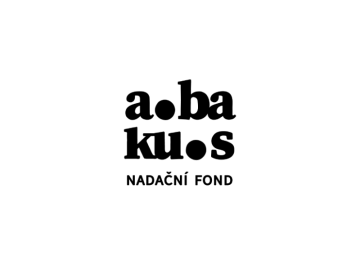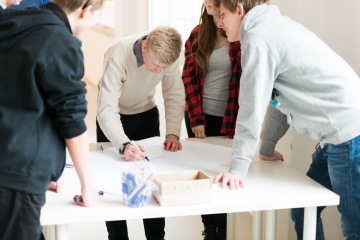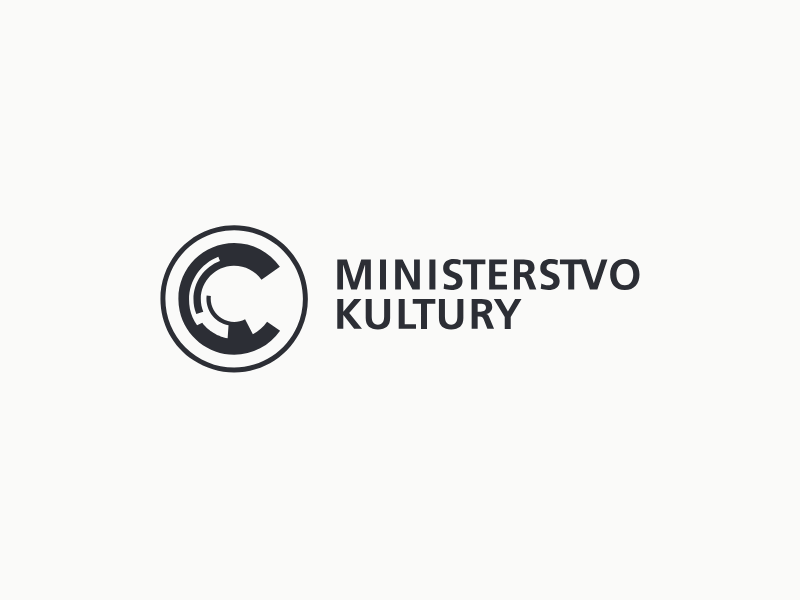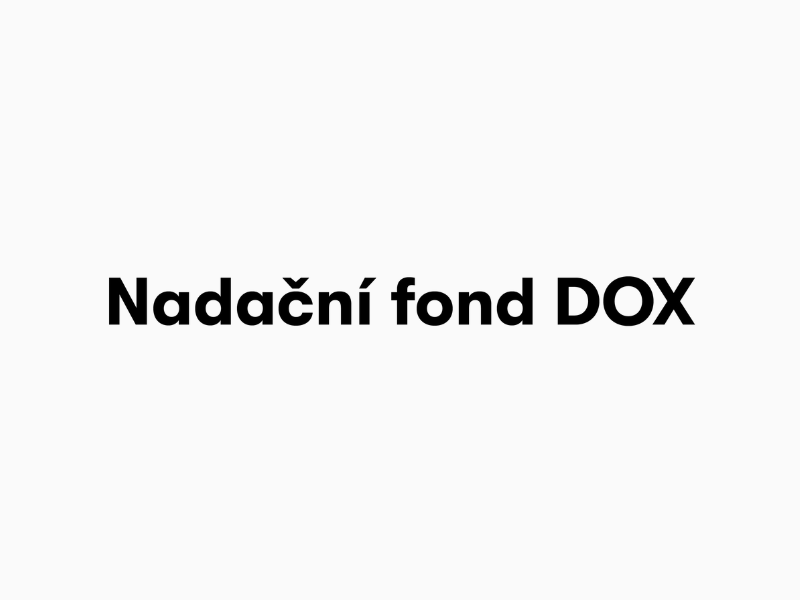Concept
This series of programmes is inspired by the methodology of Professor Philip Zimbardo’s international educational project, the Heroic Imagination Project, which has been systematically researching everyday heroism for years. The aim of the programmes is to inspire pupils to be mindfully active in society, build resilience, ordinary heroism, develop their own social and psychological competence and respect for difference. As part of the programmes, we have created our own long-term project and exhibition, Point of View, which develops these themes and harnesses the educational potential of contemporary art.
Programmes
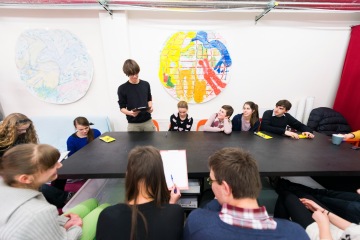
Ordinary Heroism
This programme introduces a psychological phenomenon known as the bystander effect. The more people present at a situation that is dangerous or bad, the more likely they are not to intervene and help. Why does this happen and is it possible to prepare for such a situation and become a “hero”? Through the experiential programme, students learn how to intervene wisely, not get into danger, but still help effectively and apply this proactive mindset to other areas of life.
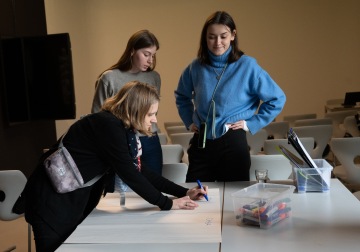
Hurray, a Mistake
Are my abilities a product of heredity? Do my own mistakes discourage me from further attempts? Or can I overstep my boundaries? The program works with mindset in students through the arts. It develops creativity and critical thinking and works with the ability to overcome obstacles - in learning and in other areas of life.
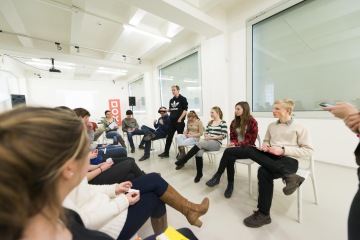
Breaking Down Dtereotypes
What good are our stereotypes? What do they enable us to do and what do they limit us in? And what can prejudices do? Let’s try to look at the workings of prejudice in a completely different way - through the lens of something that interests a small minority of the population - contemporary art! Through subtle activities and using contemporary art, we will map the workings of our stereotypes and then subject them to critical reflection in a guided debate.
Current programmes

Watch online before experiencing live
The project is supported by
